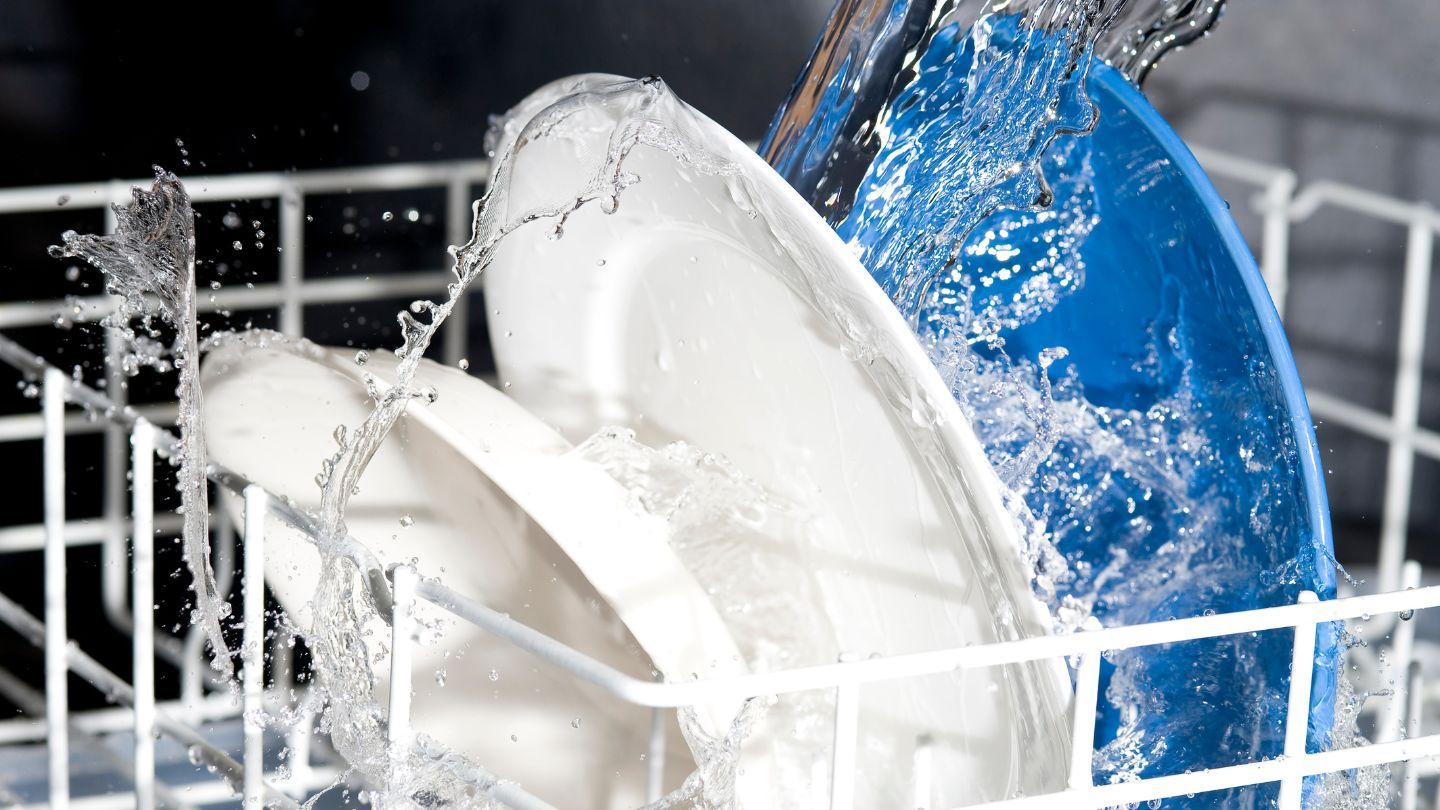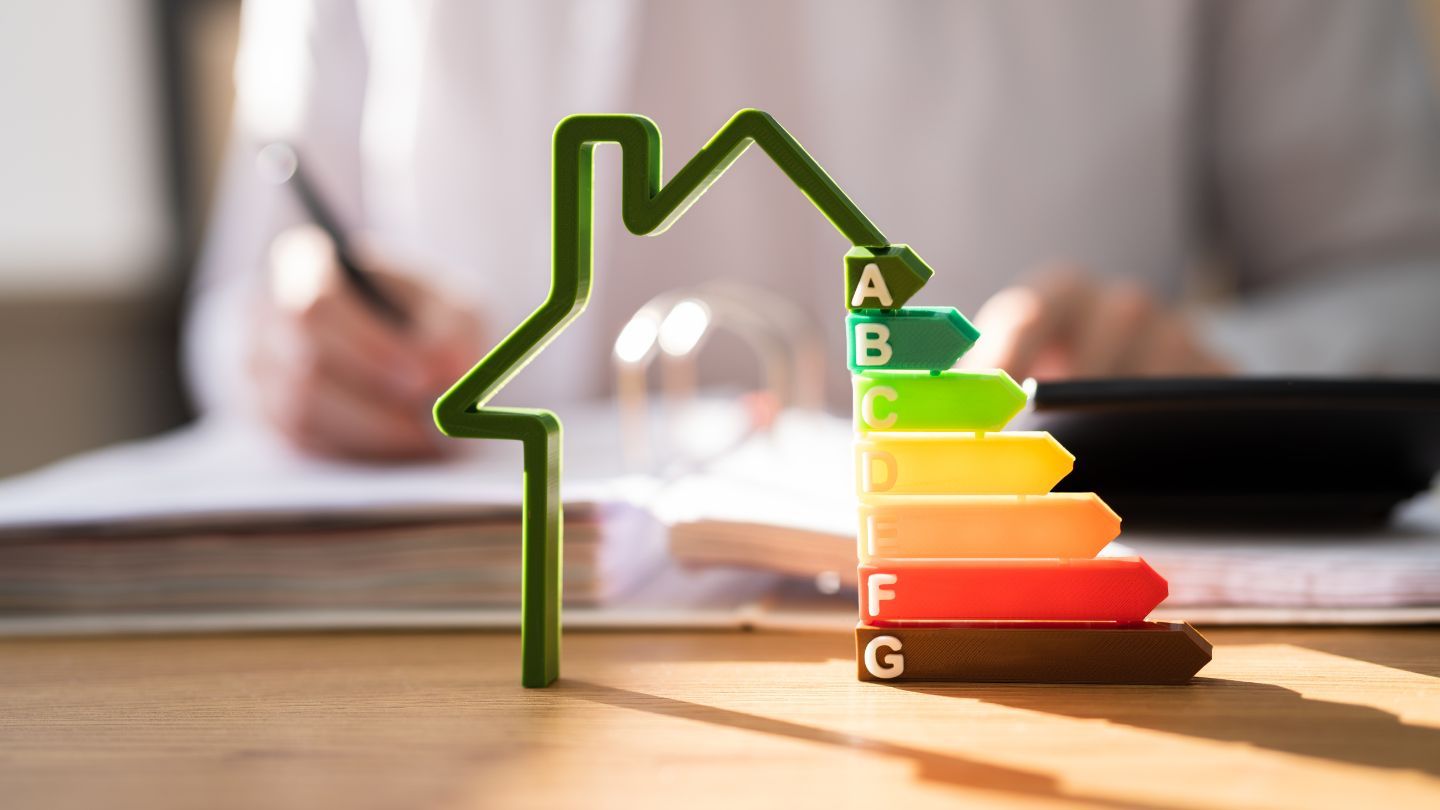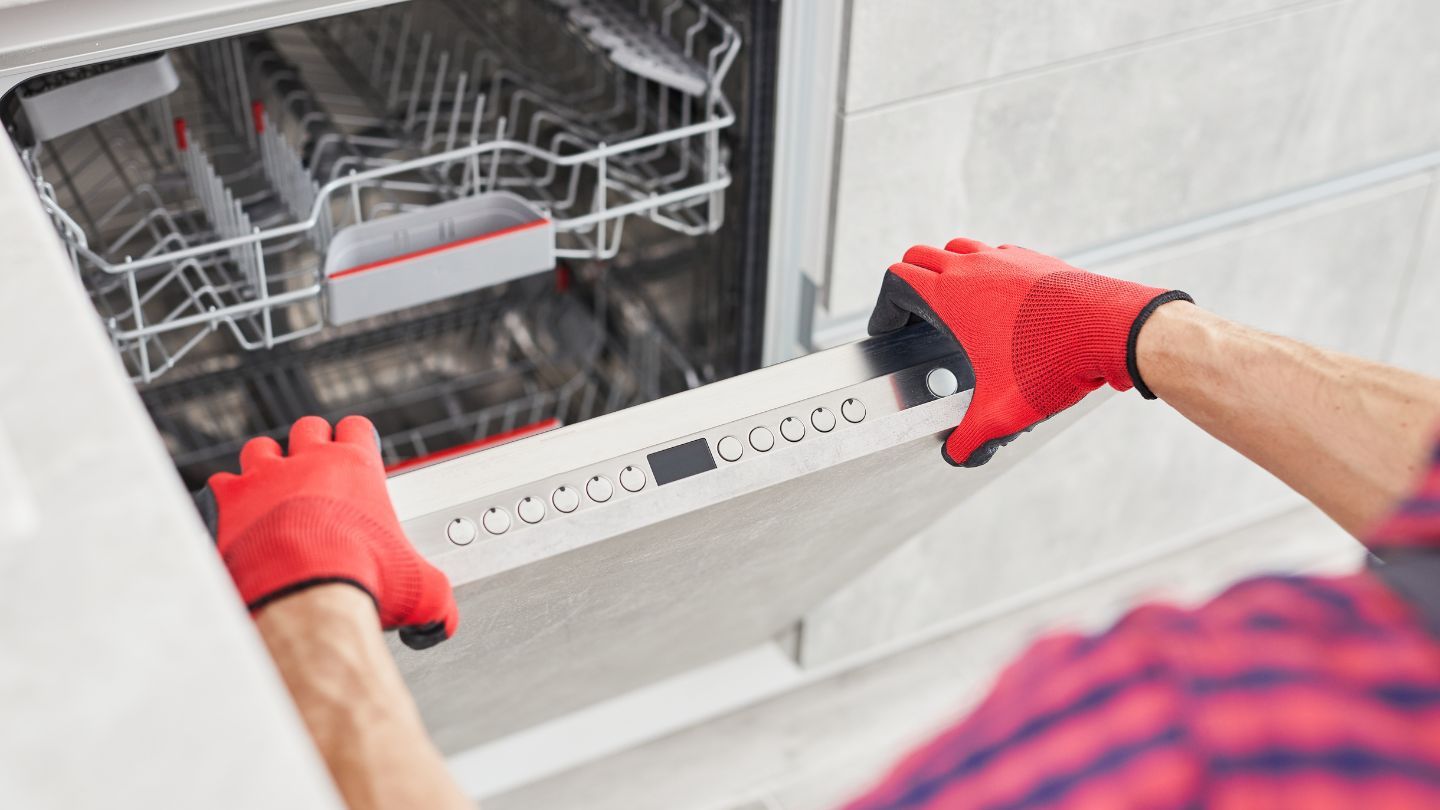Dishwashers are a staple in
modern kitchens, making the chore of cleaning dishes much more manageable.
However, a crucial component that often goes unnoticed is the dishwasher water
line. This essential part ensures a steady water supply to your dishwasher,
allowing it to function correctly. Over time, the water line may encounter
issues that necessitate replacement. Recognizing these signs early can prevent
further damage and ensure your dishwasher continues to operate efficiently.
Key Takeaways
- The lifespan of a dishwasher water line varies, but regular inspections can help identify early signs of wear and tear.
- Signs such as water leaking, reduced water pressure, and visible damage indicate the need for replacement.
- Replacing an old or damaged water line can prevent water damage, improve dishwasher performance, and enhance kitchen safety.
Understanding Your
Dishwasher's Water Supply
Your dishwasher's water supply
is a critical component of its operation, and it's essential to understand how
it works. The water inlet hose connects the dishwasher to the household water
supply line, providing the necessary water for washing and rinsing dishes.
Located at the back of the dishwasher, this inlet hose must be securely
connected to avoid water leaking or damage. Regularly check the water supply
line and fittings for any signs of corrosion, small leaks, or other damage that
may require replacement.
Recognizing the Signs of a
Failing Dishwasher Water Line

Understanding the condition of
your dishwasher line is crucial for keeping your kitchen appliances in peak
condition. The water supply line plays a vital role in ensuring that your
dishwasher functions correctly by providing a steady flow of water. Over time,
this line can show signs of wear, such as small leaks or corrosion, which may
indicate it's time for a replacement to prevent larger issues.
Age of the Water Line
The age of your dishwasher line
is a significant factor in its performance. Older dishwashers, especially those
with lines over a decade old, are more susceptible to leaks, reduced water
pressure, and signs of wear. Replacing an older line can help avoid water
damage to surrounding cabinets or floors and maintain the efficiency of your
dishwasher.
Visible Cracks, Holes, or
Leaks
Regular inspections for visible
cracks, holes, or small leaks in the water line are essential. Even a minor
issue, like a small leak, can result in substantial water leaking that affects
your kitchen floor and cabinetry. Ignoring these signs could lead to major
water damage. It's wise to replace any damaged parts as soon as issues are
identified to avoid unnecessary repairs and maintain kitchen comfort.
Unusual Noises
If you hear hissing, dripping,
or other unusual noises near your dishwasher, it could indicate a loose
connection, a broken valve, or even a hole in the line. This can interfere with
water flow and cause performance issues. Identifying these sounds early allows
you to prevent additional damage and ensures your dishwasher remains reliable
and efficient.
Performance Issues Indicating
Replacement
Persistent performance issues
like water remaining after cycles, leaks around the door, or poor cleaning
results are common signs of a failing dishwasher line or parts. Addressing
these issues promptly can prevent further damage and help you avoid costly
repairs.
Water Remaining After Cycles
If water remains at the bottom
after a cycle, this could be due to a clogged drain hose or other problems with
the dishwasher's drainage system. Water pooling can also result from issues in
the water inlet or water line connections, which restricts proper drainage.
Regularly check for obstructions in the drain and clear them to prevent further
water damage.
Poor Cleaning Results
If dishes emerge with spots or
grime, it suggests the dishwasher isn't filling correctly, possibly due to a
fault in the control board, heating element, or spray arm positioning. Poor
cleaning can often be attributed to water flow issues within the water supply
line. Addressing these issues can restore performance and ensure properly
cleaned dishes after each wash.
Frequent Leaks
Small leaks around your
dishwasher or fittings may suggest slackened connections, worn hoses, or
deteriorating seals. If leaks become frequent, it may be time for a complete
replacement. Ignoring these issues can lead to water pooling, which risks
damaging both the appliance and surrounding cabinets or flooring.
Efficiency and Energy Concerns

Older dishwashers tend to run
inefficiently, using more water and energy than necessary. In addition to
higher utility bills, older models often require more frequent repairs.
Upgrading to a new dishwasher can improve energy efficiency and performance, ensuring
shorter washing cycles and lower power consumption.
High Energy Bills and Extended
Cycles
High utility bills may be due
to an outdated appliance or an inefficient water supply line. Dishwashers with
faulty or aging components often struggle to wash dishes effectively, extending
cycle times and energy use. Replacing an inefficient dishwasher or its water
line with modern materials can reduce both water and energy costs.
Safety Risks and Malfunctions
Related to Dishwasher Water Line
A well-maintained water line
and secure connections are essential for ensuring safe operation. Damaged or
loose connections can cause leaks, water damage, and even electrical hazards if
not properly handled.
Loose or Damaged Connections
Loose or broken connections in
the water supply line can lead to leaks, significant water damage, and
potentially costly repairs. Checking that the valve is in the open position to
allow proper water flow and securing all connections can prevent such risks.
Frequent Water Leaks
Frequent water leaks are a
clear sign that a replacement is needed. If minor repairs are required
repeatedly, replacing the water line may be the most economical solution.
Persistent leaking from a damaged water line poses a risk of further water
damage and potentially costly floor repairs.
Read more: How to Detect and Deal With Underground Water Leaks
Electrical Issues Due to Water
Damage
Water leaking from a damaged
dishwasher line can cause electrical issues, including short circuits and
possible fires. If you notice any signs of water pooling or leaks, turn off the
water supply immediately, access the damaged area safely, and consult a
professional to avoid additional risks.
Installation and Maintenance
Tips

Installing a dishwasher
requires careful attention to securing all fittings and ensuring the water
supply line is properly connected. Before installing, be sure to shut off the
water supply and use a wrench to tighten any fittings or screws carefully. Routine
maintenance, such as cleaning filters and checking for leaks, can help maintain
performance.
Precautions and Safety
Measures
When working with water and
electrical components, always turn off the power and use a voltage tester
before starting maintenance. Wear protective gloves when handling sharp objects
and check connections regularly to ensure they're secure. For major leaks or
water damage, contact a professional plumber for repairs.
Summary
Regular maintenance and timely
replacement of your dishwasher water line prevent leaks, inefficiency, and
potential safety risks. Recognizing the signs of wear and addressing them
promptly ensures optimal performance, energy savings, and a safe kitchen environment.
Investing in a new, efficient dishwasher can save money and enhance kitchen
comfort and reliability.
At A-Total Plumbing, we're committed to providing exceptional plumbing services that keep your home running smoothly. Whether it's a dishwasher water line replacement, general repairs, or
plumbing installations in Marietta, GA, our team is here to help. Contact
us today to schedule a
service and ensure your appliances are operating at their best.
Frequently Asked Questions
How often should I replace
my dishwasher water line?
It's recommended to inspect
your dishwasher water line every year and consider replacement every 10 years
or sooner if you notice signs of wear, leaks, or reduced water pressure.
Can a damaged water line
affect dishwasher performance?
Yes, a damaged water line can
lead to poor cleaning, water pooling, and leaks, which can reduce your
dishwasher's efficiency and potentially damage surrounding areas.
Is it safe to use a
dishwasher if the water line is leaking?
No, using a dishwasher with a
leaking water line can lead to water damage and electrical risks. It's best to
turn off the water supply and consult a professional for repairs or
replacement.
What are the signs of a
failing water line in a dishwasher?
Common signs include visible
cracks or leaks, reduced water pressure, unusual noises like hissing, and
frequent water pooling after cycles.
Why should I consider
professional help for dishwasher water line issues?
Professional plumbers have the
expertise to correctly assess, repair, or replace dishwasher water lines,
ensuring safe operation and preventing further damage to your kitchen.

